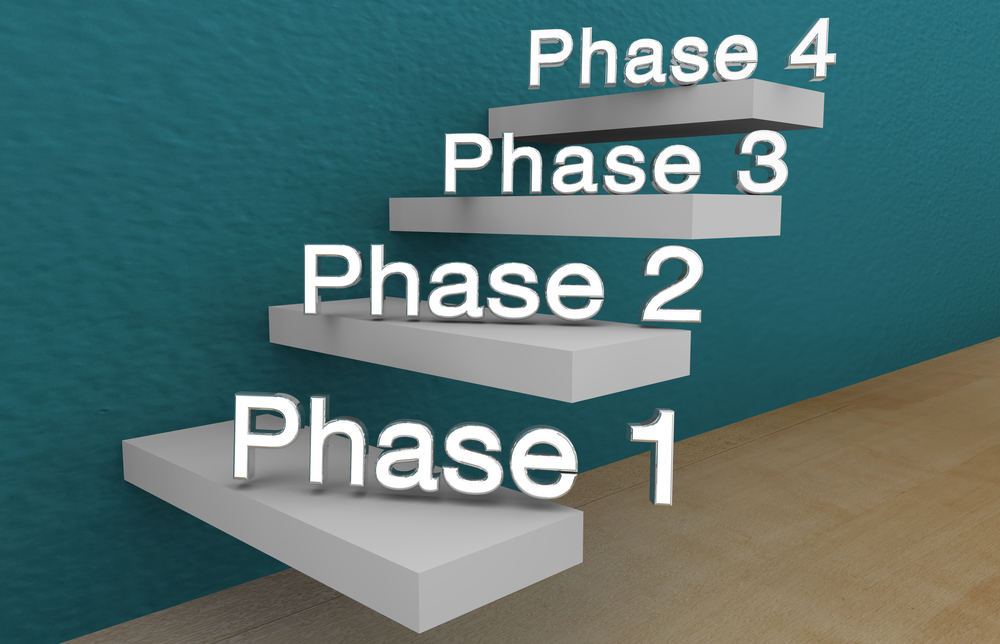Iliomad Health Data and the pharmaceutical company Roche France recently collaborated in the context of a support mission for the Ambition Autonomie project launched by Roche. The objective: to ensure that a large-scale observational study complies with the regulations laid down by the CNIL. Interview with Quentin Lasbleiz, medical manager at the laboratory and Pierre Malvoisin, co-founder and Director of Operations of Iliomad Health Data.
Quentin Lasbleiz: As a medical manager at the Roche laboratory, I work assiduously on multiple sclerosis. I've been working on multiple sclerosis for almost 5 years. The basis of our thinking was that there was an identified need for people suffering from this pathology: to have an evaluation scale to assess the impact of the disease on their daily lives. We think of it as a digital tool, which must of course be validated according to current standards. This is why we are looking for a service provider to provide us with a data platform.
Our legal department is alerted us at this point that an data protection impact assessment must be conducted. This analysis must guarantee the legal compliance of this study with the GDPR and ensure the strict confidentiality of the patients' personal data that will be collected during the study. Given the very tight deadlines for the launch of the study, it is proposed that we call upon an external company specialized to help us.
Based on an initial questionnaire, we interviewed 700 patients. Their answers quickly enabled us to define some thirty key questions to measure the impact of the disease on their lives. This first online study brought us face to face with the GDPR1 regulations and the respondents' right to privacy online.
Pierre Malvoisin: iliomad has been asked by Roche to carry out a Data Protection Impact Assessment of the project before it goes before the CNIL2 for authorisation. The expected deliberation time (several months) for such an authorisation raise questions about the project's compliance with deadlines.
During the initial discussions, we quickly realised that it might not be necessary to go before the CNIL. By transforming the technical architecture of the project while providing a reinforced risk analysis on the sensitive points, data protection can be ensured in accordance with the MR-004 standard applicable to observational studies. For this, we need to intervene on the technical design of the study. This is the project we are presenting to Roche's DPO3 and to Quentin.
Quentin Lasbleiz: We had a dual challenge of respecting patients' rights (reputational challenge) and efficiency (schedule, budget, resources). It is clear that the CNIL stage was blocking us, due to its announced delays. iliomad's contribution was immediate and allowed us to see a solution. By reconsidering the processing of data, iliomad assured us that our project was compliant.
This is exactly what we needed. A partner who starts from the existing situation and understands our challenges. A partner who helps us define our needs. A partner who helps us to define the answers we need.
Pierre Malvoisin: Our key words are efficiency and results, so that the study could be carried out in accordance with the regulatory requirements. Indeed, modifying the technical aspects of the project is a solution. With the approval of the Roche teams, we contacted the service provider in charge of the technical implementation of the study.
It was essential that the regulatory aspect of a project be respected and put at the service of the operational. The publication of a study of this magnitude tackles the processing of real-life data, data that are not affected by the usual modalities of patient management and are not collected in an experimental setting. The conduct of a study of this magnitude required data processing in accordance with the applicable reference methodology (“MR”), in this case the “MR-004” published by the CNIL.
We therefore took into account the existing situation, analysed the CNIL's reading grid and decided on the most operational solution. We respected the budget, the time, Roche's responsibility and the MR-004 reference methodology which governs the processing of personal data for study purposes.
Quentin Lasbleiz: The most important word is "confidence". The methodology proposed by Iliomad was very rational. When we are not experts, which is our case, the way in which the issues are explained counts. If we understand and integrate the beginning and the end of the method as well as the path that is followed, the way in which the project is validated... all the lights are green.
We could therefore, on the basis of this trust, engage Roche's responsibility.
Another aspect is the gain in skills. Thanks to this project, we are now much more aware of these issues. Even at our service provider.
After all this work, our DPO validated the risk analysis proposed by iliomad and the compliance with MR-004. In addition, a favourable opinion was given by the Ethics committee. Recruitment for the study was therefore recently initiated.
To my knowledge, this was the first time that such a study had been undertaken at Roche France and the quality of our contacts assured us that the project would be carried out successfully. All our fears were removed and the right answers found.
Pierre Malvoisin: We had the best possible outcome: the study was able to start quickly and the deadlines were met. The educational aspect and the possibility of implementing our ideas were very important.
This was possible because our interlocutors were willing to listen. Knowledge was shared on both sides and a real dynamic of co-creation was put in place.
It is out of the question for us to place ourselves above the fray as 'experts'. We have to set a framework, be agile and understand our environment. In particular, the scientific and medical aspects of the project.
We are in a consulting mode, with one objective: to move efficiently from theory to practice.








